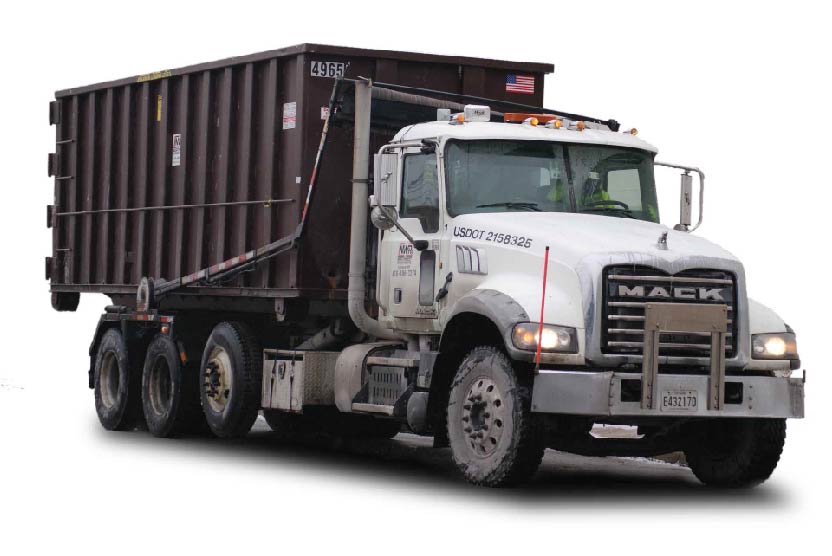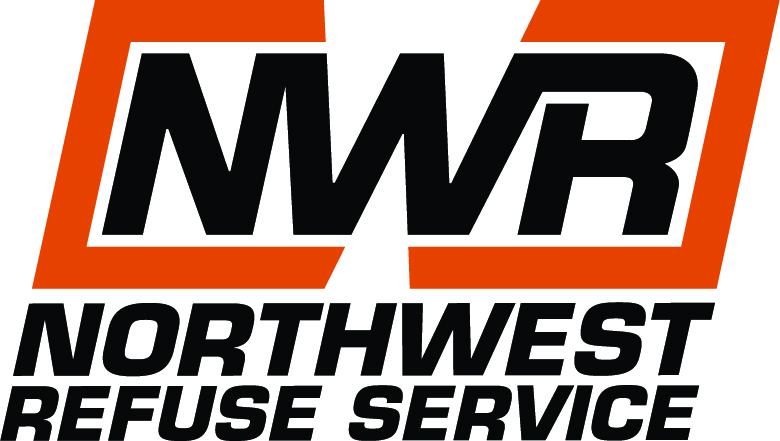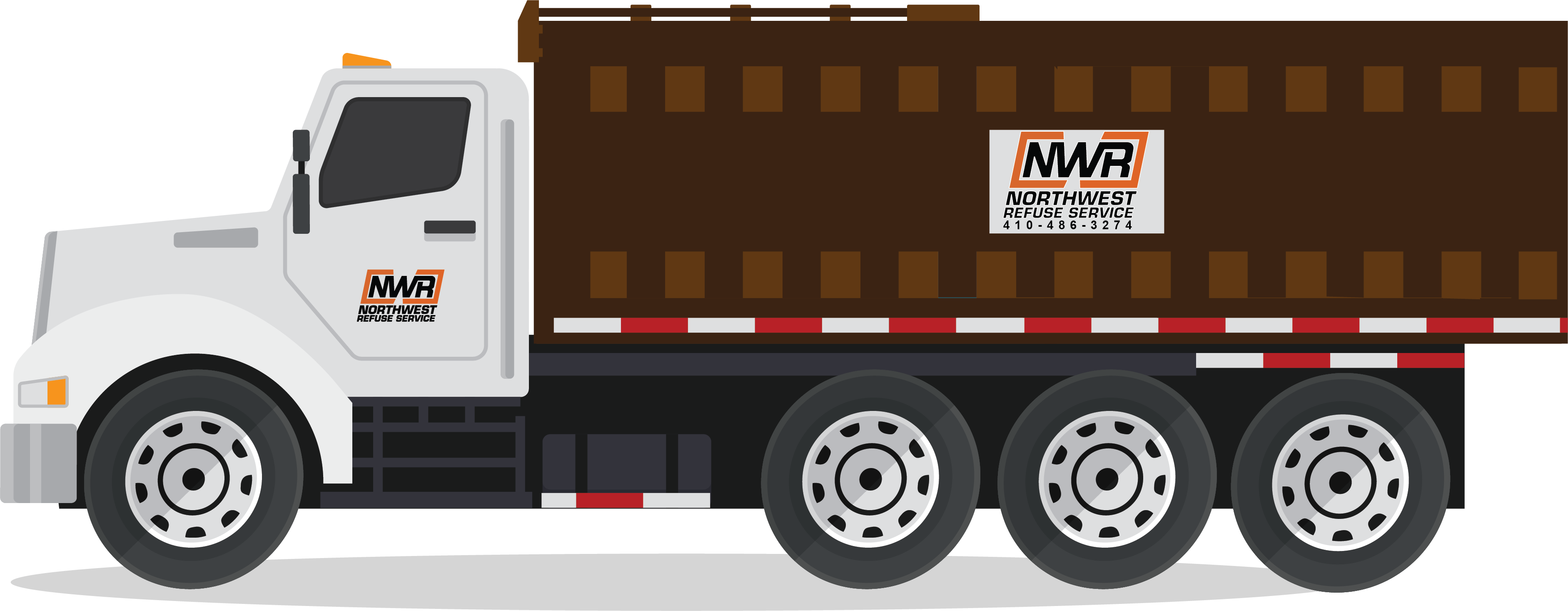Hey there, fellow Earth advocate! Today, we’re embarking on a journey into the intricate world of waste management, specifically zooming into the policies and regulations governing this realm in Baltimore County. Buckle up as we explore how governance and regulations shape the way waste is managed and handled in this bustling county.

Understanding the Landscape
Before delving into the nitty-gritty, let’s set the scene. Baltimore County, with its diverse population and urban sprawl, faces its fair share of waste management challenges. From bustling city streets to suburban neighborhoods, waste is generated at a staggering pace. But fear not, for where there’s a challenge, there’s also opportunity – an opportunity for effective governance and regulation to lead the way towards sustainable waste management practices.
The Pillars of Policy
At the heart of Baltimore County waste management efforts lie robust policies and regulations designed to safeguard public health and the environment while promoting responsible waste handling. These policies typically encompass a range of areas, from waste collection and disposal to recycling initiatives and landfill management.
Waste Collection: From Curb to Compactor
Let’s start with the basics – waste collection. Picture this: It’s early morning in Baltimore County, and the sound of garbage trucks rumbling down the street signals the beginning of another day in the waste management cycle. But behind this seemingly mundane task lies a web of regulations dictating how waste is collected, who collects it, and where it ultimately ends up.
In Baltimore County, waste collection is often handled by both public and private entities, each operating under specific guidelines set forth by local authorities. These guidelines ensure that collection is conducted efficiently, safely, and in compliance with environmental standards.
One key aspect of waste collection policy is the establishment of designated collection schedules and routes. By carefully planning collection routes, authorities can minimize fuel consumption and emissions while maximizing operational efficiency. Additionally, regulations may dictate the types of waste that can be collected together and those that require separate handling, such as hazardous materials or recyclables.
Another crucial element of waste collection policy is the enforcement of waste segregation and proper disposal practices. This may include requirements for residents and businesses to separate recyclable materials from general waste or to properly package and label hazardous materials for collection. By ensuring compliance with these regulations, authorities can reduce contamination of recyclables and minimize the risk of environmental harm.
Disposal Dilemma: The Landfill Conundrum
Now, let’s talk about disposal. As much as we’d love for all our waste to magically disappear, the reality is that it has to go somewhere – usually a landfill. But in Baltimore County, landfill management isn’t just about finding a hole in the ground and dumping everything in it. Oh no, it’s much more nuanced than that.
Baltimore County’s landfill regulations are designed to minimize environmental impact, maximize space efficiency, and ensure proper waste containment. This often involves stringent monitoring and maintenance protocols to prevent pollution and safeguard groundwater quality.
One key aspect of landfill management policy is the implementation of waste diversion strategies aimed at reducing the amount of waste sent to landfills. This may include promoting recycling and composting initiatives, encouraging the use of alternative waste disposal methods such as waste-to-energy incineration, or implementing waste reduction programs to minimize overall waste generation.
Another important consideration in landfill management policy is the enforcement of landfill regulations to ensure compliance with environmental standards and regulations. This may involve regular inspections, monitoring of landfill operations, and enforcement actions against violators.
Recycling Renaissance: From Trash to Treasure
Ah, recycling – the unsung hero of waste management. In Baltimore County, recycling isn’t just a feel-good activity; it’s a cornerstone of sustainability. But behind every blue bin and recycling truck is a policy framework that incentivizes and regulates recycling practices.
From mandatory recycling programs to financial incentives for recycling businesses, Baltimore County’s recycling policies aim to reduce waste sent to landfills while promoting the reuse of valuable resources. It’s a win-win for both the environment and the economy.
One key aspect of recycling policy is the establishment of recycling infrastructure and programs to support recycling efforts. This may include the provision of curbside recycling collection services for residents, the establishment of drop-off recycling centers for businesses and community organizations, or the implementation of recycling education and outreach programs to raise awareness about the importance of recycling and proper waste disposal practices.
Another important consideration in recycling policy is the development of market-based incentives to encourage recycling and promote the use of recycled materials. This may include financial incentives such as tax credits or grants for businesses that invest in recycling infrastructure or purchase recycled materials, or regulatory incentives such as procurement requirements that prioritize the use of recycled materials in government contracts.
Policy Perspectives: Balancing Act
So, what does all this mean for the average Baltimore County resident? It means living in a community where waste management isn’t just an afterthought but a carefully orchestrated symphony of policies and regulations working together to protect public health, preserve the environment, and promote sustainability.
But it’s not all sunshine and rainbows. Like any complex system, Baltimore County waste management policies face challenges and criticisms. Some may argue that regulations stifle innovation or impose undue burdens on businesses and residents. Others may question the effectiveness of existing policies in addressing emerging waste management issues.
Despite these challenges, the overarching goal of Baltimore County waste management policies remains clear: to create a cleaner, healthier, and more sustainable community for current and future generations. And achieving this goal requires a delicate balancing act – balancing the needs of residents and businesses with the imperative to protect the environment and public health.
If you are interested to read more blog posts like this, then, “Northwest Refuse: Baltimore’s Premier Waste Management Solution” is for you.
Looking Ahead: A Sustainable Future
As we wrap up our journey through Baltimore County waste management policies, it’s important to remember that the story doesn’t end here. The future of waste management lies in our hands – the policymakers, the residents, the businesses, and the communities. It’s up to us to continue advocating for smart, sustainable solutions that benefit us all.
So, whether you’re sorting your recyclables, lobbying for better policies, or simply spreading awareness, know that your efforts matter. Together, we can turn the tide on waste and pave the way towards a cleaner, greener Baltimore County – one policy at a time.
Ready to conquer the waste maze? Dive into Baltimore County’s waste management policies and take charge of your environmental impact today! Call us at Northwest Refuse Service to turn policy into action and make a tangible difference in your community’s sustainability journey. Let’s navigate the waste maze together and pave the way for a cleaner, greener tomorrow!
Frequently Asked Questions (FAQ’s) About Baltimore County Waste Management: Guiding Through the Maze
What are the key waste management policies in Baltimore County?
Baltimore County implements policies covering waste collection, landfill management, and recycling initiatives, all aimed at promoting sustainable waste handling practices and protecting the environment.
How do these policies affect residents and businesses?
Residents and businesses must adhere to waste segregation guidelines, participate in recycling programs, and ensure proper disposal of hazardous materials to comply with Baltimore County’s waste management policies and minimize environmental impact.
What role do regulations play in Baltimore County’s waste management?
Regulations govern waste collection schedules, landfill operations, and recycling requirements, ensuring that waste is managed efficiently, safely, and in compliance with environmental standards.
How can individuals contribute to effective waste management in Baltimore County?
Individuals can reduce waste generation through mindful consumption, participate in recycling programs, and properly dispose of hazardous materials, aligning with Baltimore County’s goal of fostering community-wide sustainability.
What are the long-term goals of Baltimore County’s waste management policies?
Baltimore County aims to minimize waste sent to landfills, increase recycling rates, and promote a circular economy model, fostering a cleaner and more environmentally conscious community for future generations.


